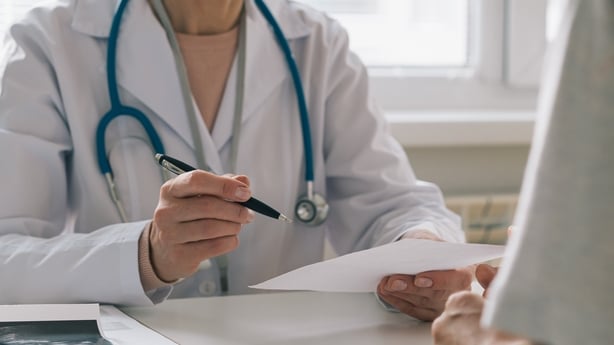Claire Richards has said she feels "lucky" to be going through perimenopause right now.
The Steps singer, 46, said on Good Morning Britain: "I feel quite lucky to be going through it [perimenopause] in a period where others have spoken out about it already. There’s a lot more information for me to find.
"And I think half the population is going to go through at some point and I was surprised at how little we know as women about perimenopause, menopause, [or] anything that happens to us.

Here’s everything you need to know about perimenopause…
What is it?
According to the HSE, perimenopause is when you have symptoms before your periods have stopped completely. Symptoms can start seven years before your periods stop, and can occur any time between your mid-30s to mid-50s.
According to The Menopause Charity, menopause is when your ovaries stop producing eggs and your hormone levels fall.
What are the symptoms?
The length and severity of these symptoms can vary from woman to woman.
The first symptoms of perimenopause are usually (but not always) changes in the normal pattern of your periods.
Otherwise, the symptoms are very similar to what women experience once they have reached the menopause.
Everyone experiences perimenopause differently, but mental health symptoms can include mood changes, anxiety, low self-esteem and brain fog.
Common physical symptoms can include hot flushes, restlessness, heart palpitations, migraines, muscle aches and joint pains, weight gain, dry and itchy skin, reduced sex drive, vaginal pain and dryness, and consistent urinary tract infections (UTIs).

What helps ease the symptoms?
Lifestyle adjustments can help ease perimenopause and menopause symptoms, but you should talk to your GP if you're finding your symptoms particularly difficult.
Lifestyle changes such as plenty of rest, a healthy diet, regular exercise and doing relaxing things can help, as well as steering clear of alcohol and cigarettes.
According to the HSE, other treatments may include:
- Hormone replacement therapy (HRT) - tablets, skin patches, gels and sprays that help menopausal symptoms by replacing oestrogen
- Vaginal oestrogen cream, tablets, or pessaries lubricants or moisturisers for vaginal dryness
- Cognitive behavioural therapy (CBT) - a type of talking therapy that can help with low mood and anxiety eating a healthy, balanced diet and exercising regularly can improve some menopausal symptoms
For more information, visit HSE.ie.

